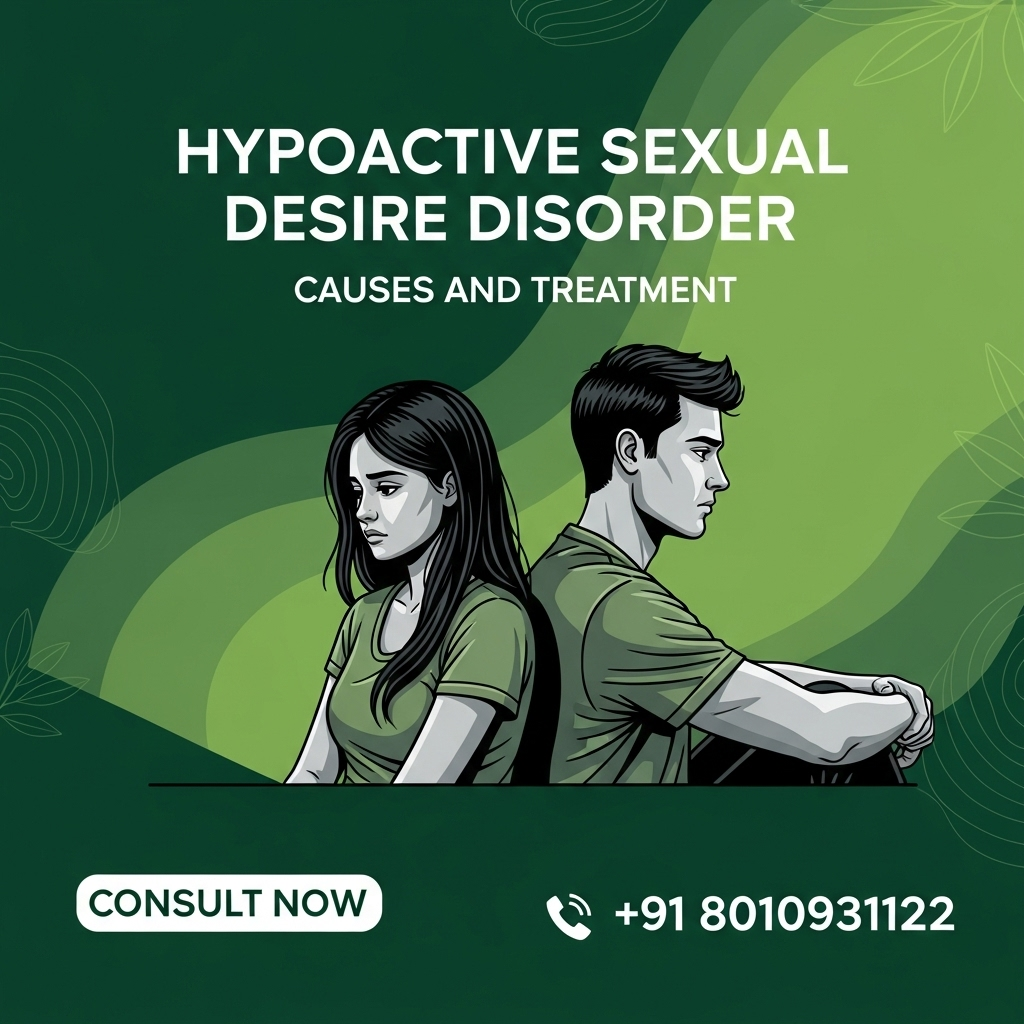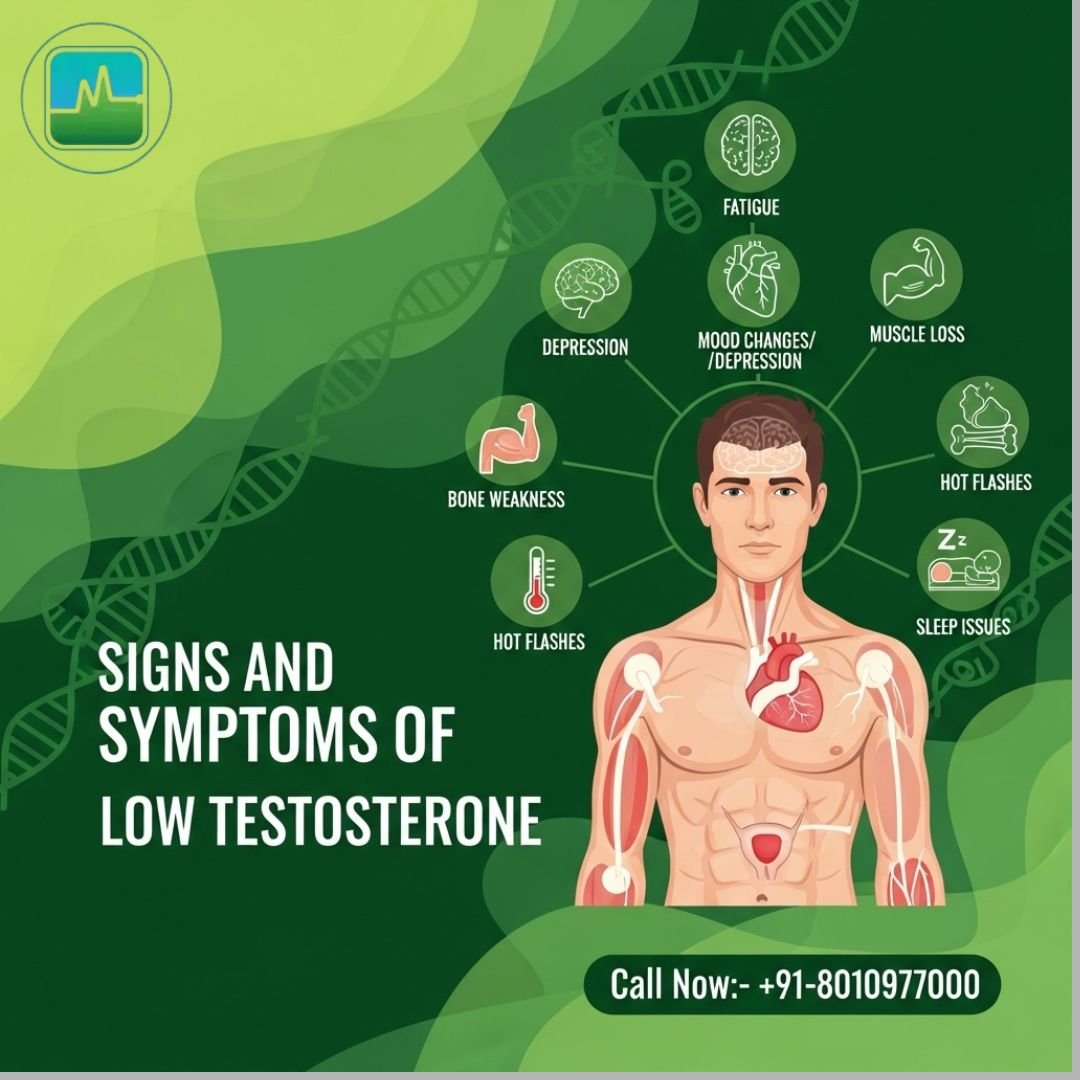Common Causes of Lower Sex Drive– It’s not uncommon for libido to decline as you age. For many individuals in middle and older age, changes in sexual desire may be a natural part of life. However, if these changes begin to affect your relationships or overall health, it’s time to take a closer look at the underlying causes. Here’s an exploration of the common reasons behind a decreased sex drive as you age.
Hormonal Changes
One of the most significant factors contributing to lower sex drive in middle and older age is hormonal changes. In men, testosterone levels typically decline with age, which can result in decreased libido. For women, the transition into menopause can lead to a drop in estrogen and progesterone, which can also affect sexual desire. These hormonal shifts can make sex feel less appealing or even uncomfortable.
Chronic Health Conditions
Chronic health conditions such as diabetes, high blood pressure, heart disease, or obesity can significantly impact sexual desire and performance. These conditions often affect circulation, energy levels, and overall physical health, making it harder to feel in the mood or perform sexually. Managing these health conditions and working closely with your healthcare provider is essential for maintaining a healthy sex life.
Mental Health Issues
Mental health plays a huge role in sexual desire. Depression, anxiety, and stress can all reduce libido and make it harder to engage in or enjoy intimate activities. The emotional toll of these conditions can lead to a loss of interest in sex. It’s important to address mental health issues with proper care, therapy, or medication to help restore sexual desire and overall well-being.
Medications
Certain medications, including antidepressants, blood pressure drugs, and medications for chronic conditions, can have side effects that reduce libido. These medications may interfere with hormone levels, circulation, or energy, leading to a decrease in sexual interest. If you think your medications might be affecting your sex drive, speak to your doctor about alternatives or adjustments.
Lifestyle Factors
Lifestyle choices like poor diet, lack of exercise, smoking, or excessive alcohol consumption can all contribute to a lower sex drive. A poor diet can affect your energy levels while smoking and alcohol can harm circulation. Regular exercise, a healthy diet, and cutting back on unhealthy habits can help boost your energy and improve your libido as you age.
Relationship Dynamics
Changes in a relationship, such as growing apart, communication issues, or unresolved conflicts, can lead to a decline in sexual desire. Emotional intimacy is closely linked to sexual intimacy, so if the emotional connection with a partner weakens, the desire for sex may also diminish. Open and honest communication, along with efforts to strengthen the emotional bond, can help improve sexual desire.
Sleep Issues
Poor sleep quality, which is more common in middle and older age, can lead to fatigue and a reduced interest in sex. Sleep disorders like insomnia or sleep apnea can lower energy levels and hormone production, both of which are essential for sexual health. Ensuring good sleep hygiene and seeking treatment for sleep issues can help restore libido and overall vitality.
When to Seek Help
If you notice a persistent drop in your sex drive that’s affecting your quality of life, it’s important to seek help from a healthcare provider. They can help identify any underlying health issues, adjust medications, or refer you to a therapist or specialist to address emotional or mental health concerns. Don’t be afraid to talk openly about changes in your sexual health – there are many treatment options available to help you regain a satisfying sex life.
Final Thoughts
A lower sex drive in middle and older age is often a normal part of the aging process, but it can also be influenced by a range of physical, mental, and lifestyle factors. Understanding the causes of changes in libido can help you make informed decisions and take steps to improve your sexual health. By addressing hormonal changes, chronic health conditions, lifestyle factors, and relationship dynamics, it’s possible to restore or maintain a fulfilling sex life as you age. If necessary, don’t hesitate to seek professional help to guide you through this process.
Lower sex drive in middle and older age can be caused by hormonal changes, chronic health conditions, medications, mental health issues, lifestyle factors, relationship dynamics, and sleep problems.
Libido declines with age due to hormonal changes, reduced blood flow, chronic health conditions, and lifestyle factors, all of which can affect sexual desire and performance.
If it persists despite changes to your relationships, emotional, overall well-being, or lifestyle, you should seek help for low libido.
Help for low libido in the elderly can be found through healthcare providers, sex therapists, relationship counselors, and specialists in sexual health, who can provide personalized advice and treatment options.
Lifestyle changes such as regular exercise, a balanced diet, reducing stress, and avoiding smoking or excessive alcohol can improve blood flow, energy levels, and overall health, which can boost sex drive in middle age.











Leave a Reply